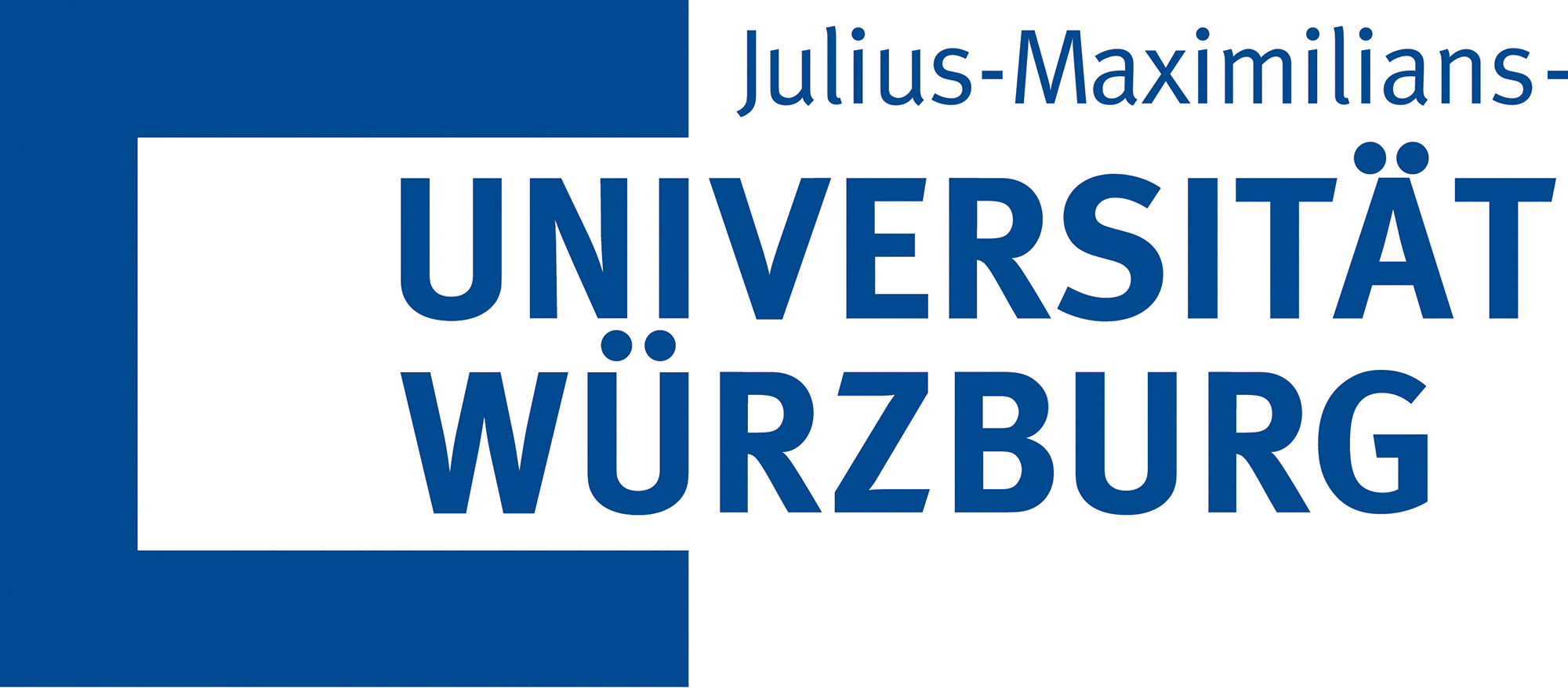At the kick-off meeting for the ROOT project at the University of Würzburg: Professor Jörg Müller, Professor Claudia Künzer and Professor Samuel Kounev (from left). Nikolas Herbst, University of Würzburg
"Alarming data: Five percent of the forest area is gone." This news made its way through the German media landscape in February 2022.
The basis of the news was a satellite-based evaluation by the German Aerospace Center (DLR): According to it, 501,000 hectares of trees were destroyed in Germany from January 2018 to April 2021 – considerably more than previously thought. The DLR cited the recent heat and drought periods as the main cause, which in turn favored infestation by insect pests.
Experts agree climate change is causing worryingly rapid change in many forests. This unpleasant dynamic makes the entire forest ecosystem unstable. It is a challenge for the forestry and timber industry, but also for science.
What the project aims to achieve
What would be needed for sustainable forest management appropriate to climate change: satellite-supported observation of forests at even shorter intervals and with high spatial resolution. The new research project ROOT ("Real-time earth Observation of fOrest dynamics and biodiversiTy") at Julius-Maximilians-Universität (JMU) Würzburg is working towards this goal.
Over the next three years, the interdisciplinary project team wants to develop a geoinformation portal fed by satellite data. It aims to visually process current information on the state of the forest for the whole of Bavaria and make it accessible to the forestry via an app. Among other things, the portal will identify bare areas and standing deadwood, show stand losses and derive their consequences for biodiversity, climate protection and forestry.
ROOT aims to enable policymakers, authorities, and forestry to make decisions and act quickly on the basis of scientific data. For example, the new app could make it possible to automatically and precisely locate even a small-scale bark beetle infestation. The affected trees could then be taken out of the forest as quickly as possible.
Who is driving the project
The spokesperson for the project is Professor Samuel Kounev, head of the Chair of Software Engineering. Also on the team are Claudia Künzer, Professor of Earth Observation and Director at DLR, and Jörg Müller, Forest Ecologist at the JMU Biocentre and Deputy Director of the Bavarian Forest National Park. The project is coordinated by Dr Nikolas Herbst, head of the "Data Analytics Clouds" research group at Kounev's chair.
Officially launched on 1 April 2023, the project is funded by the Bavarian Research Institute for Digital Transformation (bidt), an institute of the Bavarian Academy of Sciences and Humanities. The bidt is supporting the project with 1.2 million euros. Among other things, the money will go towards funding positions for doctoral students and postdocs.
The ROOT project team at JMU
- Prof. Dr. Samuel Kounev, Head of the Chair of Computer Science II (Software Engineering), samuel.kounev@uni-wuerzburg.de
- Dr. Nikolas Herbst, head of the research group "Data Analytics Clouds" at the Chair of Computer Science II (Software Engineering), nikolas.herbst@uni-wuerzburg.de
- Prof. Dr. Claudia Künzer, Chair of Remote Sensing of Land Surface Dynamics, claudia.kuenzer@uni-wuerzburg.de
- Prof. Dr. Jörg Müller, Chair of Animal Ecology with focus on ecological field research in our latitudes, joerg.mueller@uni-wuerzburg.de
Contact for scientific information:
Prof. Dr. Samuel Kounev, Head of the Chair of Computer Science II (Software Engineering), samuel.kounev@uni-wuerzburg.de





